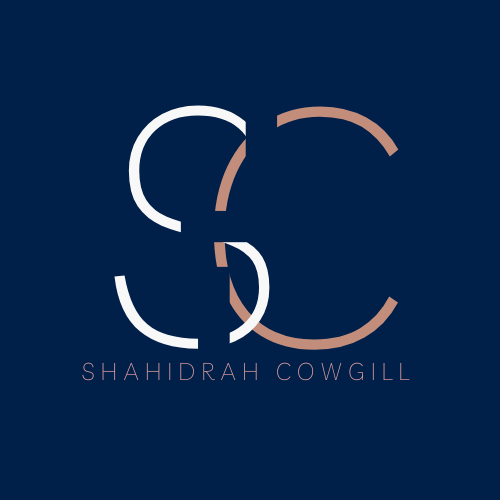Progressive muscle relaxation
Stress has become an inevitable part of our lives. From demanding work schedules to personal responsibilities, it's easy to feel overwhelmed and drained. However, amidst the chaos, there are powerful techniques that can help us find inner peace and restore balance to our minds and bodies. Two such methods, Progressive Muscle Relaxation (PMR) and Guided Christian Meditation, offer unique benefits that complement each other, providing a holistic approach to well-being.
Progressive Muscle Relaxation, pioneered by Dr. Edmund Jacobson in the early 20th century, is a structured technique aimed at reducing physical tension and promoting relaxation. By systematically tensing and then relaxing muscle groups throughout the body, PMR helps individuals become more aware of bodily tension and learn to consciously release it. The process begins with deep breathing to establish a relaxed state, followed by the sequential tension and relaxation of specific muscle groups, such as the hands, arms, shoulders, neck, and so on.
One of the key benefits of PMR is its ability to alleviate the physical symptoms of stress and anxiety. As we go about our daily lives, our bodies often hold onto tension without us even realizing it. This chronic tension can lead to muscle stiffness, headaches, and even exacerbate mental health issues. By practicing PMR regularly, individuals can train themselves to recognize and release tension, promoting a state of deep relaxation.
Moreover, PMR can also have profound effects on mental well-being. By focusing on the sensations of tension and relaxation within the body, individuals are encouraged to be present in the moment, fostering mindfulness and awareness. This heightened awareness can help individuals break free from negative thought patterns and cultivate a more positive outlook on life.
On the other hand, Guided Christian Meditation offers a spiritual approach to inner peace and well-being. Christian Meditation is a faith-based practice that involves quieting the mind and turning one's focus inward to connect with God. Through prayer, scripture, and contemplation, a person can seek to deepen their relationship with God and experience the presence of God in their lives.
One of the central tenets of Christian Meditation is the idea of surrendering oneself to God's will. By letting go of worries and anxieties and placing trust in God's love and guidance, individuals can find solace and strength in times of difficulty. Christian Meditation also emphasizes the importance of gratitude and praise, encouraging practitioners to reflect on God's blessings and give thanks for the abundance in their lives.
The synergy between Progressive Muscle Relaxation and Christian Meditation lies in their shared goal of promoting holistic well-being. While PMR focuses on the physical and mental aspects of relaxation, Christian Meditation adds a spiritual dimension to the practice, nourishing the soul and deepening one's connection with God.
Combining these two techniques can enhance their effectiveness and provide a more comprehensive approach to stress management and inner peace. By incorporating PMR into their daily routine, individuals can release physical tension and cultivate a sense of relaxation in the body. Paired with Christian Meditation, they can also nourish their spiritual well-being, finding comfort and strength in their faith.
In conclusion, Progressive Muscle Relaxation and Christian Meditation offer powerful tools for finding inner peace and restoring balance to our lives. Whether practiced individually or together, these techniques can help us navigate the challenges of modern life with grace and resilience. By nurturing our bodies, minds, and spirits, we can cultivate a sense of peace that transcends the chaos of the world around us.
